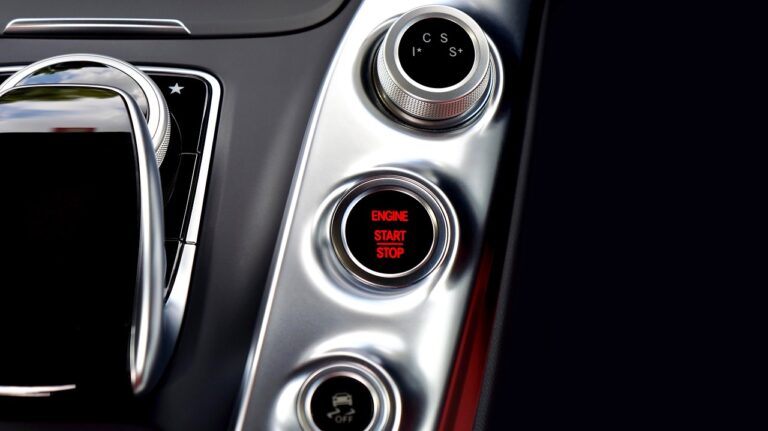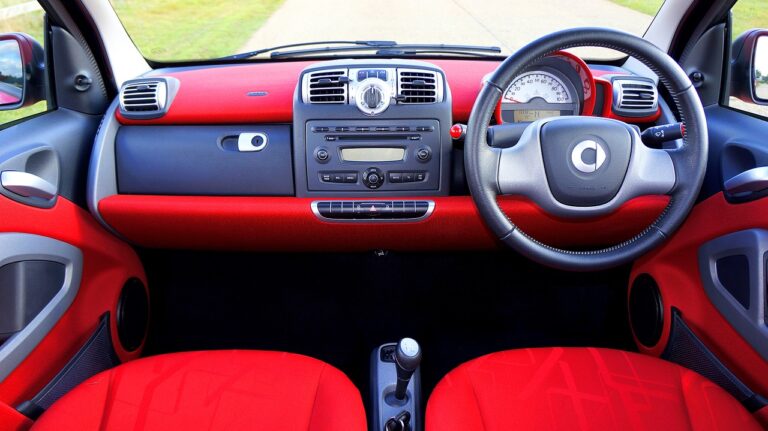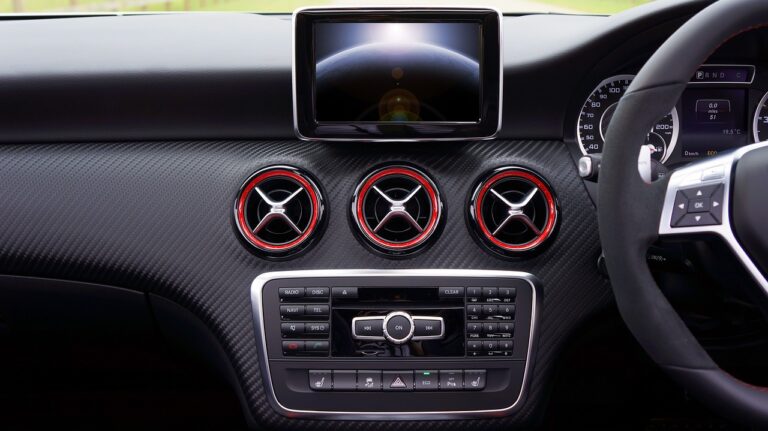The Psychology of Car Brand Loyalty: What Drives Consumer Attachment?
Customer satisfaction plays a pivotal role in influencing car brand loyalty. When customers feel that their needs and preferences are consistently met by a particular car brand, they are more likely to stick with that brand for their future purchases. Positive experiences with the brand, such as reliable performance, good customer service, and overall satisfaction, can foster a strong sense of loyalty among consumers.
Brand image and reputation also significantly impact car brand loyalty. A brand that is perceived as trustworthy, reputable, and socially responsible is more likely to attract and retain loyal customers. Consumers often associate themselves with brands that align with their values and beliefs, leading to a deeper emotional connection and stronger loyalty towards a specific car brand.
The Role of Brand Reputation in Consumer Attachment
Brand reputation plays a crucial role in shaping consumer attachment to a particular car brand. A positive reputation can evoke feelings of trust and reliability in consumers, influencing their decision-making process. When a brand is perceived favorably in the eyes of the consumer, it creates a sense of loyalty and attachment that goes beyond the functional aspects of the product.
Moreover, brand reputation acts as a signal of quality and consistency, providing consumers with reassurance and confidence in their choice. Consumers are more likely to develop a strong emotional connection with a car brand that has a solid reputation for delivering on its promises and providing exceptional customer service. Ultimately, a positive brand reputation can serve as a powerful tool in building long-lasting relationships with consumers and fostering brand loyalty.
Psychological Factors that Drive Consumer Loyalty Towards a Car Brand
Consumer loyalty towards a car brand is often deeply rooted in psychological factors that go beyond simple product features or pricing strategies. One key driving force behind consumer attachment to a specific car brand is the emotional connection that individuals establish with the brand. This emotional bond can be influenced by factors such as brand image, personal experiences with the brand, and even social status associations linked to owning a particular vehicle.
Moreover, cognitive factors play a significant role in shaping consumer loyalty towards a car brand. Consumers often develop a sense of trust and familiarity with a brand based on their perception of the brand’s reliability, quality, and performance over time. This cognitive appraisal process can lead to a sense of brand loyalty as individuals come to rely on the brand for meeting their practical needs and fulfilling their emotional desires related to status, identity, and self-image.





